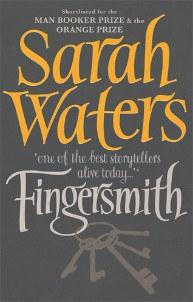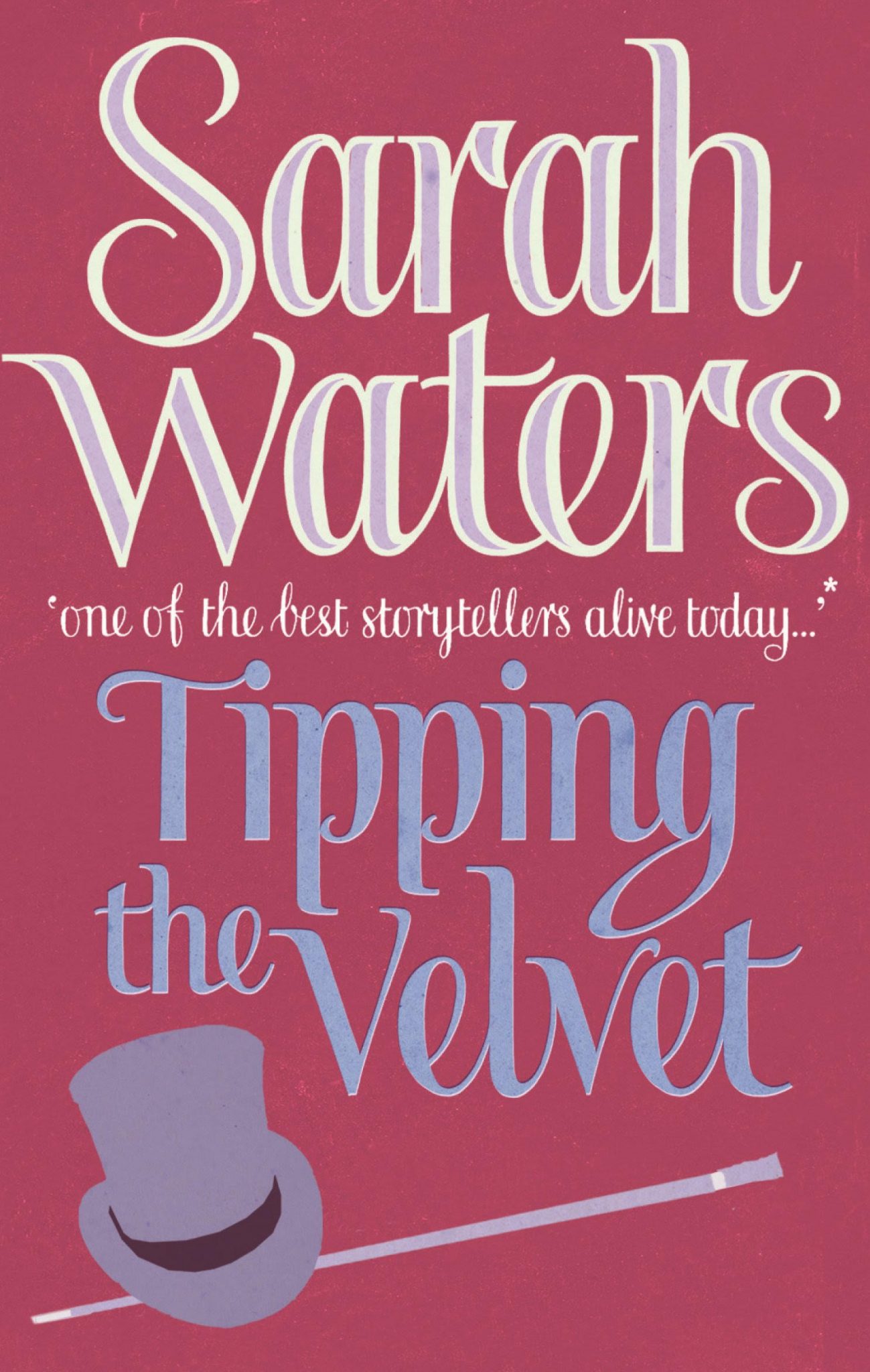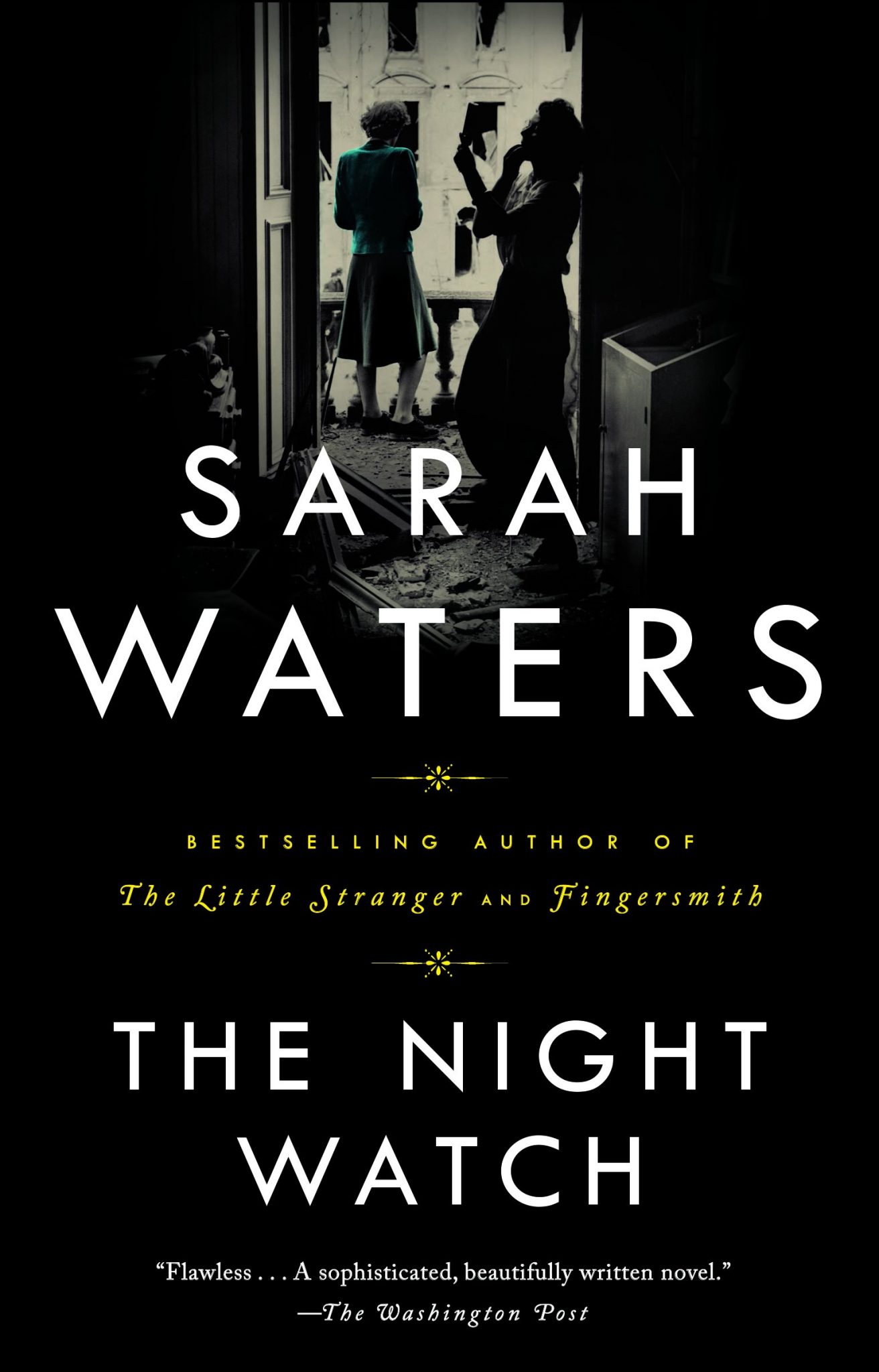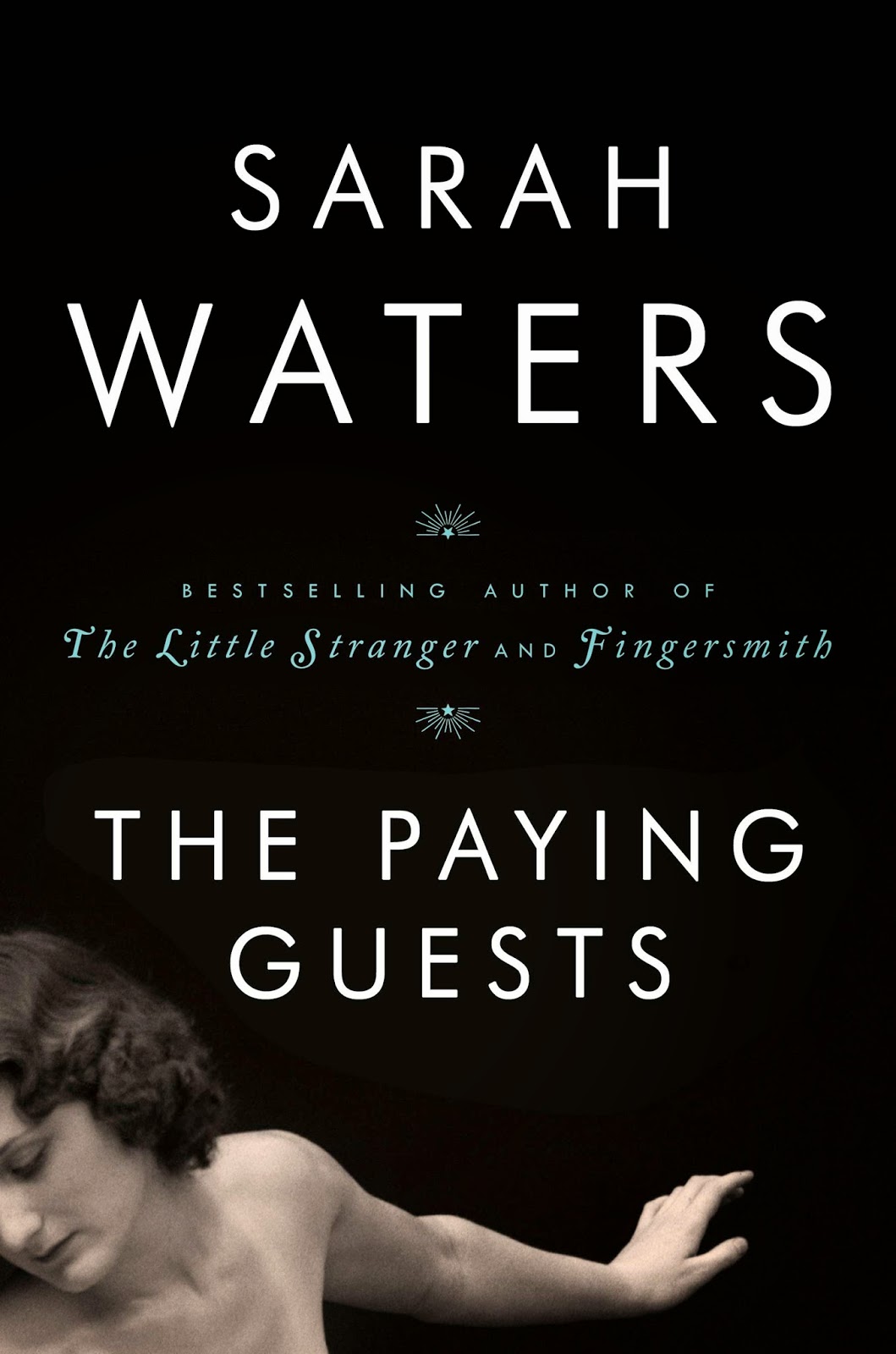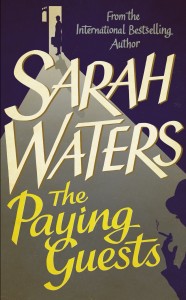It’s a new year and a new decade, but that doesn’t mean we can’t appreciate an old classic. For that reason, I’m starting the year by revisiting Tipping the Velvet, which was published in 1998 and is set in Victorian England.
‘Have you ever tasted a Whitstable oyster?’ isn’t an especially striking opening line on its own, but after the incredible journey this book will take you through, it’s one of those opening lines that sticks with you as something incredibly iconic. The direct address to the reader, the reminder of our protagonist’s humble beginnings, how evocative the concept of oysters becomes after hearing the protagonist describe her family’s oyster restaurant in fond detail. The way Nancy’s love interest describes the smell of her like “a mermaid”. Waters’ prose brings everything vividly to life.
It’s a coming of age story about Nancy, who falls in love with the performer Kitty and follows her to London. But it’s so much more than that. Tipping the Velvet is a huge novel which spans a time full of change in Nancy’s life, taking us through various areas of London in the process. This review is light on details because a lot happens, but it’s best just experienced.
It’s wonderful to have a protagonist so refreshingly frank about her sexuality. She realises she’s in love with Kitty and that’s it–there’s no crisis about it, that’s just how she is. Nancy is a lovely character to follow through this story, so fully realised that you can see just why she makes all of the decisions that she does. There’s sex and heartbreak and everything in between on Nancy’s journey.
There’s so much, too, to relate to in this book that transcends the time period it’s set in: realising who you are, falling in love for the first time, moving from your hometown and realising you don’t fit there any more when you try to go back; seeking validation in love and sex; realising what’s truly important in life. Waters holds up a mirror and reflects back at us these incredibly poignant life experiences that are relatable no matter who you are or what your sexuality is.
It’s a love story and it’s a story about Nancy learning to love herself and pick herself up and move on as much as it is about her romantic and sexual relationships with women. The ending is something that I think anyone who’s had a first love, or believed in any strong cause, will relate to. it is so, so emotionally raw and incredibly hopeful.
I love this book. I’ll always love this book. It’s a delight. Do yourself a favour and read it.
Rating: ****


